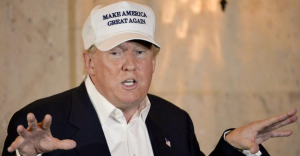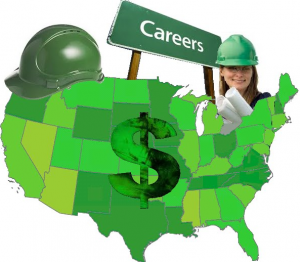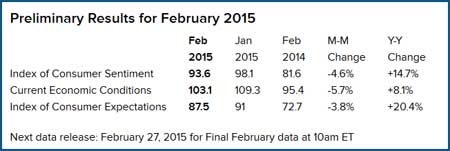
The Federal Reserve’s latest figures, as interpreted by the advocacy group Young Invincibles, show that, with median household income at $40,581, the Millennials are 20 percent behind what their parents were doing at the same age in life.
The facts run counter to the wisdom that education is the answer, since the Millennials outstrip their elders in that category.
The M generation boasts less home ownership and has half the net worth of the Boomers. Their education debt is significantly higher, the data show.
The scenario is not good for the new administration, which has pledged a return to post-World War II economics. Culture and identity issues that split the country are factors. White Americans still earn much more than Latino or Black peers, but they have also seen their incomes drop the most, relative to the Boomers.
Many of the Millennials bemoan the fact that at their ages, their parents had homes and were rearing families. Too many of today’s college graduates are working at low wages in jobs that have nothing to do with the courses they took.
Education does have an effect in boosting incomes, but the median college-educated Millennial who has student debt is earning only slightly more than a Boomer without a degree did in 1989, the figures say. More young Americans have a college education, with some 35.6 percent of those 25- to 29-year olds boasting a degree, compared with 23.2 percent in 1990.
In1989, home ownership for the earlier age group was 46 percent. It has dipped now to 43 percent, and the median net worth of the average Millennial is $10,090, 56 percent less than that enjoyed by the Boomers at the same age.
Despite being born at a time when opportunities seemed at a crest, downward mobility is the trend for white Millennials if the current numbers tell it like it is.



